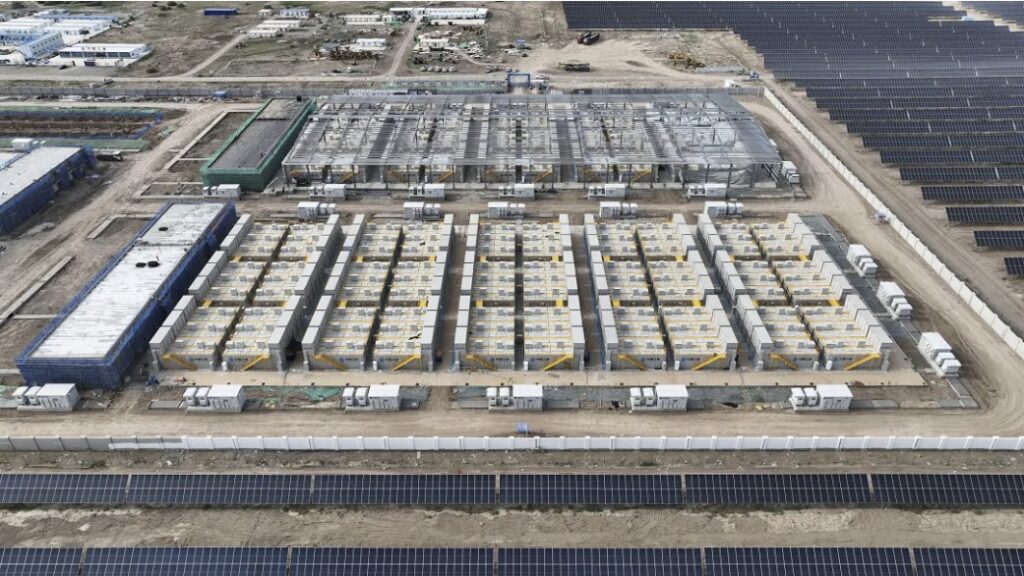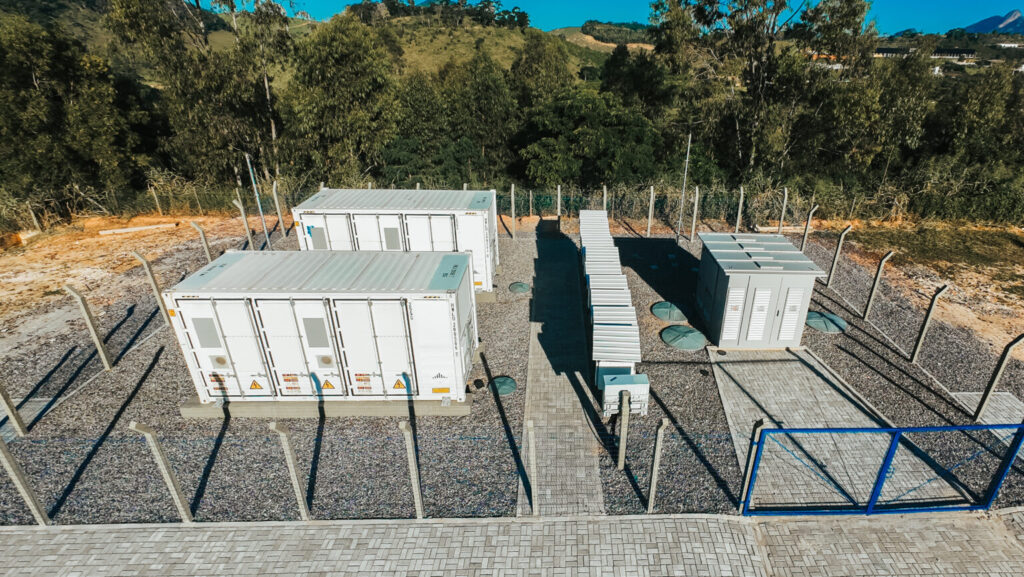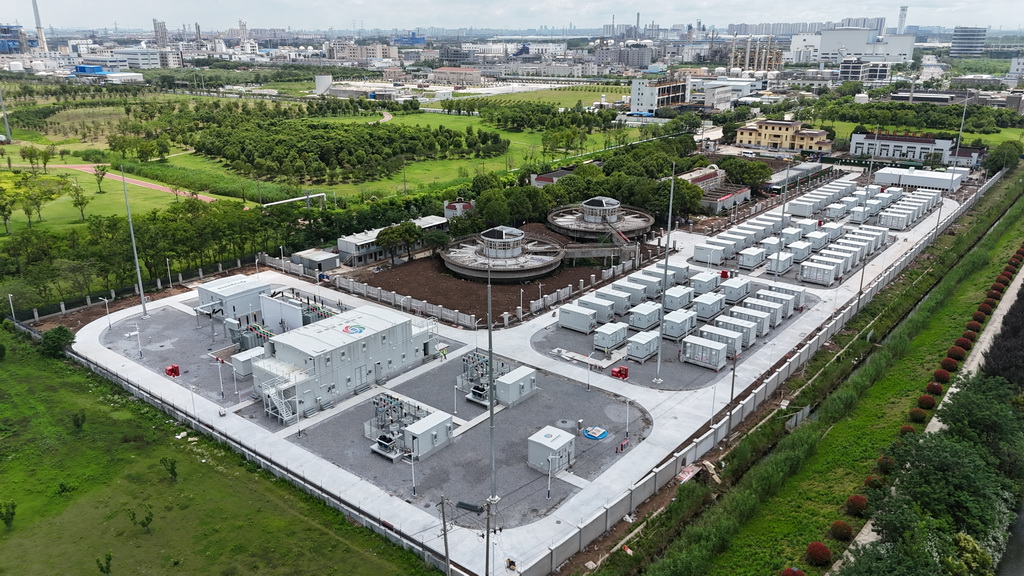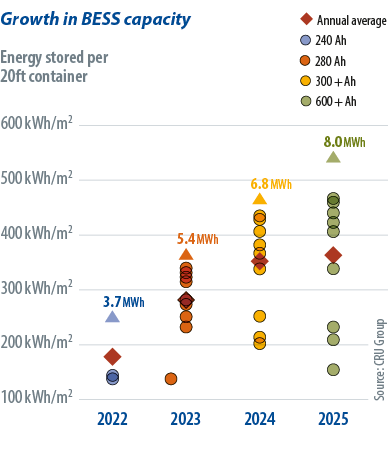Battery storage providers highlight fire test results as industry continues focus on safety
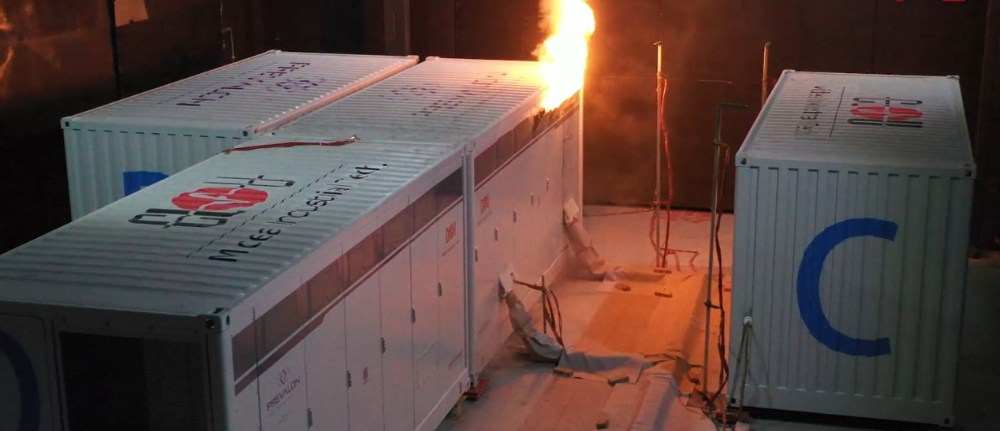
Two more BESS providers have released results from recent large-scale fire safety tests have released results from recent large-scale fire safety tests, as the sector continues efforts to demonstrate improved risk mitigation for thermal runaway and fire events.
The focus is currently on passing certification body CSA Group’s TS-800, known as a large-scale fire test protocol for energy storage systems. The efforts, made public, give further wood behind the arrow of the industry’s push toward safety, via tougher validation of system-level safety.
Prevalon Energy announced the successful completion of a full-scale fire test of its HD5 energy storage platform while following TS-800. Conducted at DNV’s test facility in Texas, the test subjected the 6 MWh HD5 containerised system to internal cell-level thermal runaway conditions, in a back-to-back, side-by-side array of four units. According to Prevalon, the platform’s container and fire suppression design were able to contain the event without structural failure or external fire spread. The system incorporates a passive propagation resistance architecture and uses LFP chemistry.
Prevalon stated that the test configuration included all major components, such as HVAC and fire protection, and was conducted under NFPA 855 and UL 9540A-aligned conditions.
In a separate release, CLOU Electronics said that it tested its Aqua-C2.5 liquid-cooled, rack-based system under the same CSA TS-800 protocol and achieved third-party certification by TÜV Rheinland.
In February 2025, four 20-ft cabinets endured simulated fire conditions—exceeding 1 000 °C for 48 h—while adjacent units stayed under 40 °C, demonstrating robust insulation and active‐ventilation suppression. The Aqua-C2.5’s rapid detection of thermal runaway and activation of electric-shutter barriers prevented heat spread, meeting TS-800’s intent to address propagation gaps left by UL 9540A tests.
CLOU Electronics included a statement from CSA itself, with Marvin Peng, a battery and energy storage certifier from CSA Group, saying: “The existing standards (such as UL 9540A) are capable of testing for thermal runaway, but they do not adequately simulate fire propagation scenarios, especially in multi-module container systems where a single battery fire can potentially ignite adjacent units or even the entire system. The core goal of the TS-800 test is to address this gap.”
These announcements follow a broader trend among battery storage manufacturers to publicly demonstrate safety performance under extreme conditions. In February, Huawei reported that its grid-forming BESS platform delayed fire ignition for seven hours during “extreme” thermal runaway testing, even as the number of failing cells increased. That system was also tested in China under full-scale fire exposure conditions.
Wärtsilä also announced it had completed its third and fourth rounds of large-scale fire testing in late 2024, following testing in 2023, and surpassed mandated UL 9540A testing standards for its newer generation Quantum High Energy and Quantum2 energy storage systems,
Earlier, in July 2024, Sungrow provided a look inside its thermal event testing process, including walkthroughs of fire chamber setups and containment strategies, amid a broader push for industry transparency.





